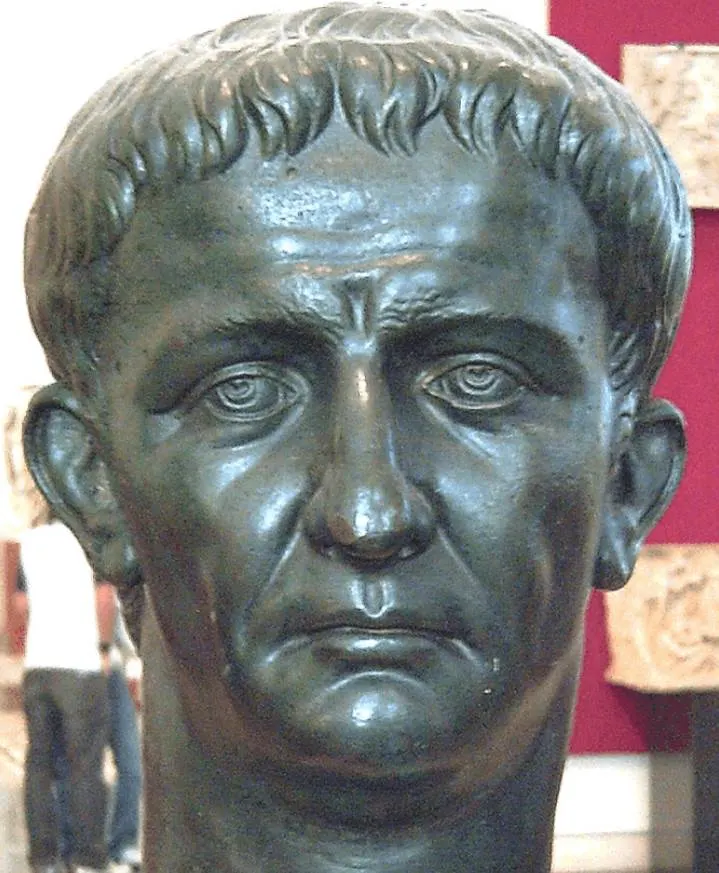He only became Emperor because the conspirators never thought he would be capable.
In this post, you’ll discover the ultimate list of facts about Claudius, one of the most vulnerable Roman Emperors in history!
1. He was the first Roman Emperor to be born outside of Italy
Claudius was born on August 1 of the year 10 B.C. in what the Romans referred to as “Lugdunum,” a settlement in Roman Gaul. This city is located in modern-day France and is now referred to as Lyon.
He was the fourth Roman Emperor following the reigns of Augustus (27 B.C.-14 A.D.), Tiberius (14 A.D.-37 A.D.), and Caligula (37 A.D.-41 A.D.), and the first Emperor to be born outside of Italy as well!

2. Claudius was born into a prestigious Roman family
The main reason that he was able to become emperor wasn’t because of his political talent, but rather because he was born into a prestigious Roman family. His father was Nero Claudius Drusus, a famous Roman politician and the legal stepson of Augustus. His mother was Antonia Minor, the sister-in-law of Emperor Tiberius and the grandmother of Emperor Caligula.
He was also the great-great grandnephew of Julius Caesar. Augustus, the first Roman Emperor, was the brother of his grandmother on his mother’s side.
This means that he was born right into the highest class of Roman society at the time, now referred to as the Julio-Claudian Dynasty.
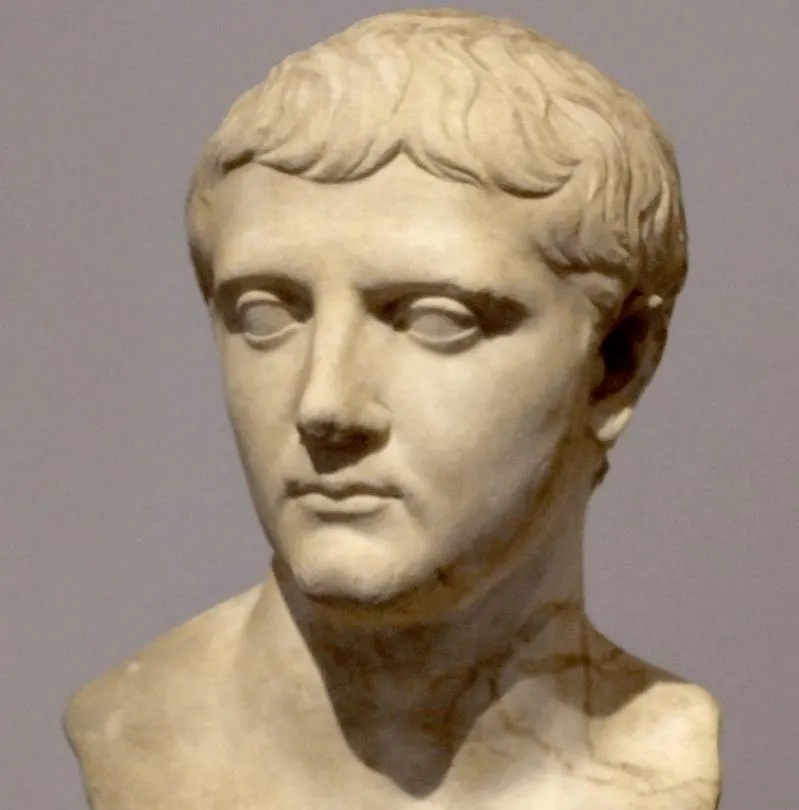
3. He got ridiculed by his family because of his handicap
Claudius was raised by his mother after his father unexpectedly died in the year 9 B.C. in Germania. He developed an illness that not only made him walk with a limp but also made him partially deaf.
Instead of caring for her son, Claudius’ mother instead ridiculed him and blamed his disabilities on laziness and a lack of willpower, not something expected of a Roman of the upper class.

She ended up sending him to his grandmother Livia who subsequently sent him to live with a “former mule-driver,” a clear indication that the young Claudius wasn’t wanted.
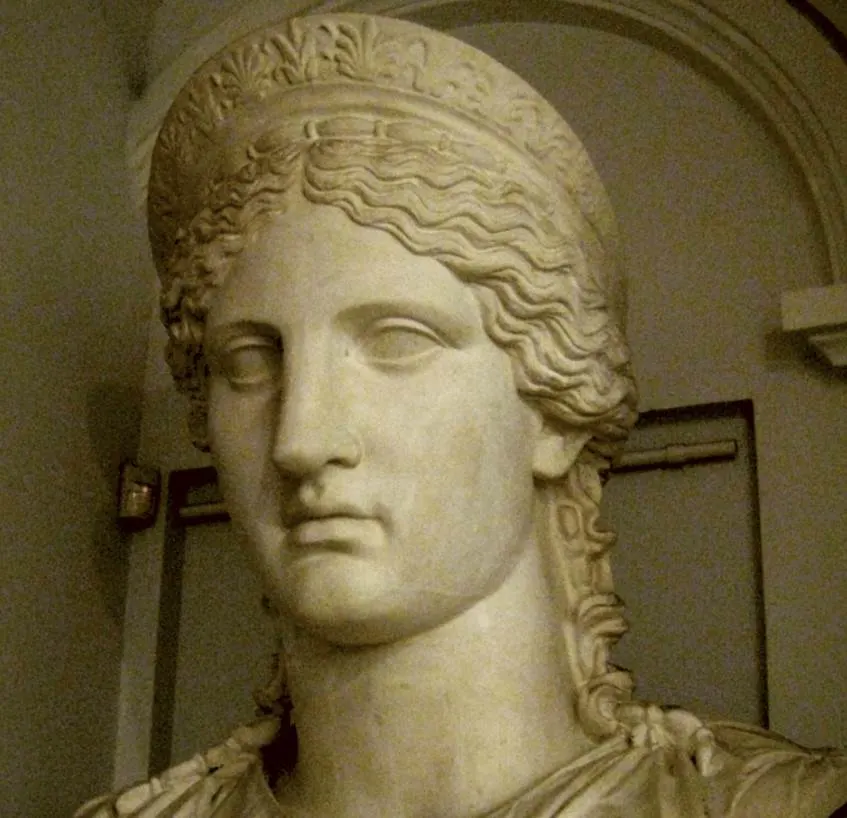
4. He was never supposed to become a politician, even though he wanted to
As a young man, Claudius often requested to enroll in the “cursus honorum,” a course started by aspiring politicians. It was his uncle, Emperor Tiberius who rejected his application multiple times.
It’s clear that nobody in his family wanted him to hold a public office, even though he was doing quite well as a scholar, mainly in law and history, and the symptoms of his disability faded as he grew older.
5. Caligula made his uncle look like a laughing stock
To say that Caligula wasn’t the nicest guy around is an understatement. It appears that he enjoyed embarrassing people, especially those who were deemed vulnerable. This resulted in one of his freedmen taking part in the assassination plot in 41 A.D. because he constantly ridiculed him for having a feminine voice.
Caligula was the son of Claudius’ brother Germanicus, one of the most renowned generals in the Roman army. Shortly after he became emperor, he even appointed Claudius as his co-consul in 37 A.D.
It appears he did it solely out of pity because what followed was years of being ridiculed, playing practical jokes on his uncle, and embarrassing him before the Senate.
Indirectly, this would end up sparing Claudius’ life during the plot against Caligula.
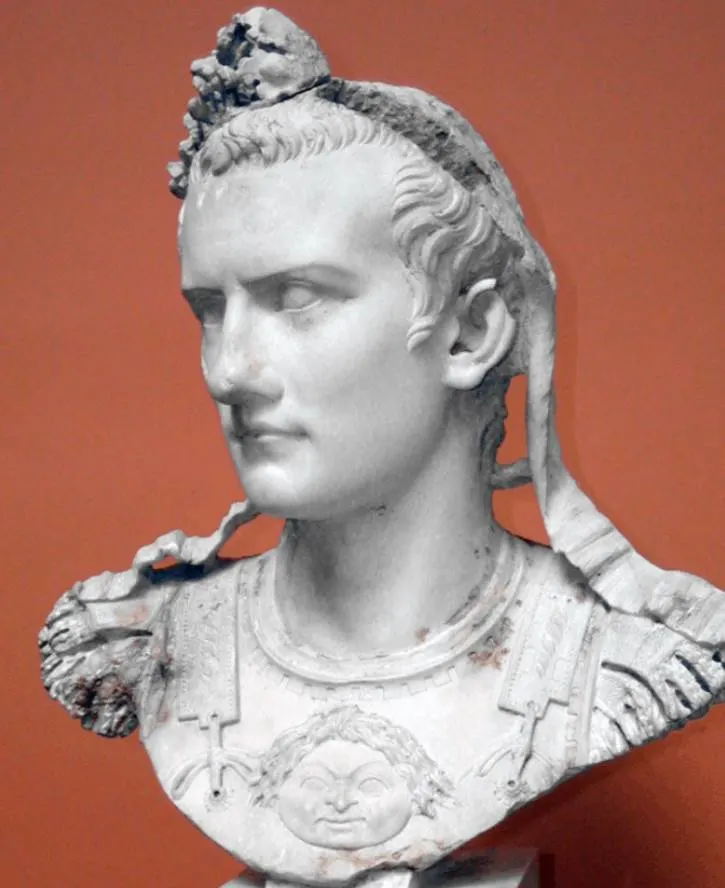
6. The Praetorian Guard declared Claudius as Emperor
The conspiracy culminated in the assassination of Caligula on January, 24, 41 A.D. It involved numerous high-ranking people, including members of the Praetorian Guard and the Senate, as well as multiple freedmen.
The plot intended to wipe out all members of the Julio-Claudian Dynasty, meaning all of Caligula’s family members, including his wife and a one-year-old baby were assassinated as well!
Whether or not he knew about the conspiracy or not remains unclear, but Claudius appeared to have left the scene before the attack happened. When the conspirators found him, they spared his life because they felt as if he couldn’t possibly be a threat to their cause, after all, Claudius couldn’t become emperor, right?
This turned out to be a crucial mistake because some members of the Praetorian Guard brought him to safety and declared him Emperor in their camp.
He was, after all, the last adult member of the Julio-Claudian Dynasty still alive!
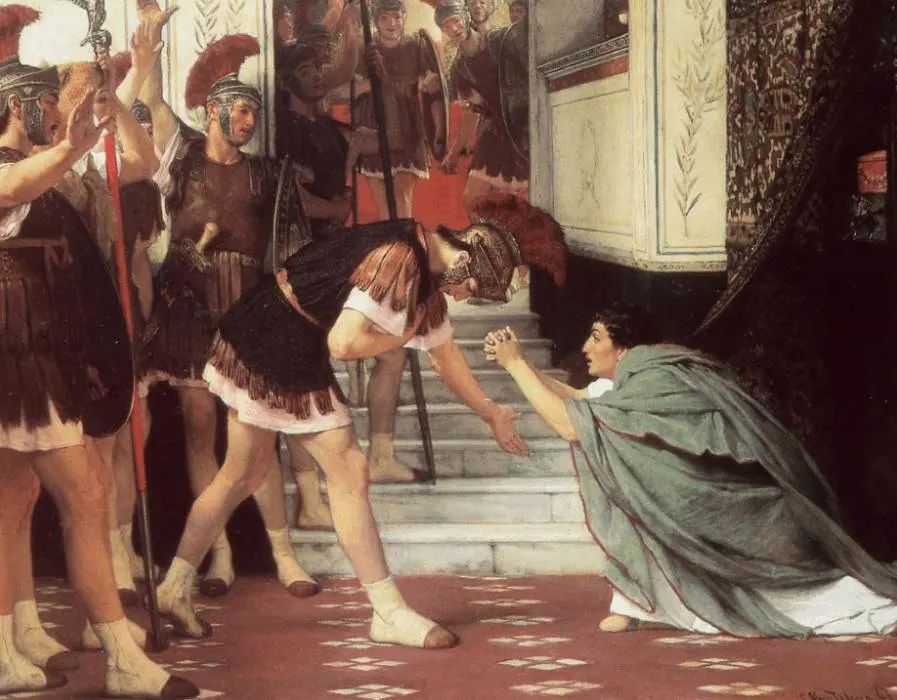
7. He took on various additional names when he became Emperor
The Senate was still debating who of them would become emperor when the news arrived that Claudius was declared emperor by the Praetorian Guard. They had no other choice but to give in.
Considered to be a weakling by just about all of the powerful people in Rome, the first thing he did was take on other names to emphasize his importance. After all, he was a relative of the mighty Julius Caesar and Augustus, as well as the brother of one of the most popular Roman Generals ever, Germanicus!
Therefore, as Emperor, he became known as “Tiberius Claudius Caesar Augustus Germanicus.”
8. He generously rewarded the guards that saved his life during the purge
The second thing he did was to make himself popular with the people who protect him as Emperor, and more importantly, the people who saved his life and declared him Emperor, the Praetorian Guard.
The same was done by Tiberius and Augustus, who left money for their guards in their wills. Claudius took it a step further and awarded them each with 15,000 sesterces, a massive amount that surely increased their loyalty.
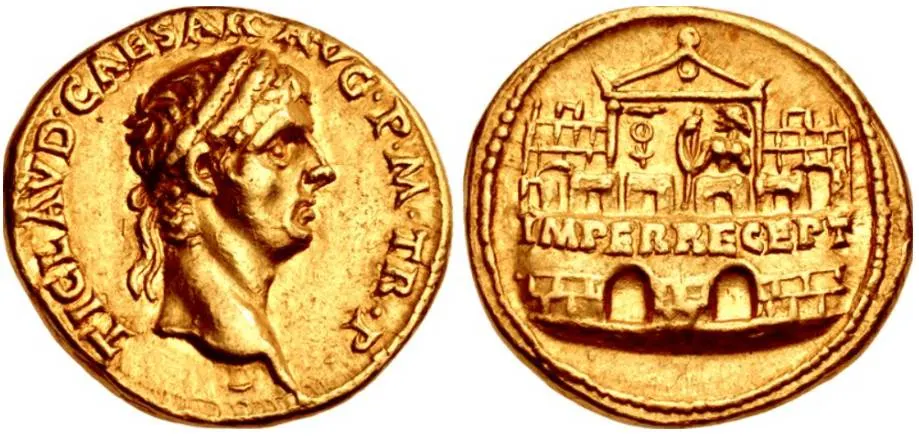
9. He greatly expanded the Roman Empire during his rule
Caligula had severely depleted the resources of the empire with his extravagant spending, so there was no other way for Claudius than to expand the Empire.
During his reign, the provinces of Thrace, Noricum, Lycia, Mauretania, and Judea were annexed, and most importantly, the conquest of Britannia in 43 A.D. was started during his reign as well!
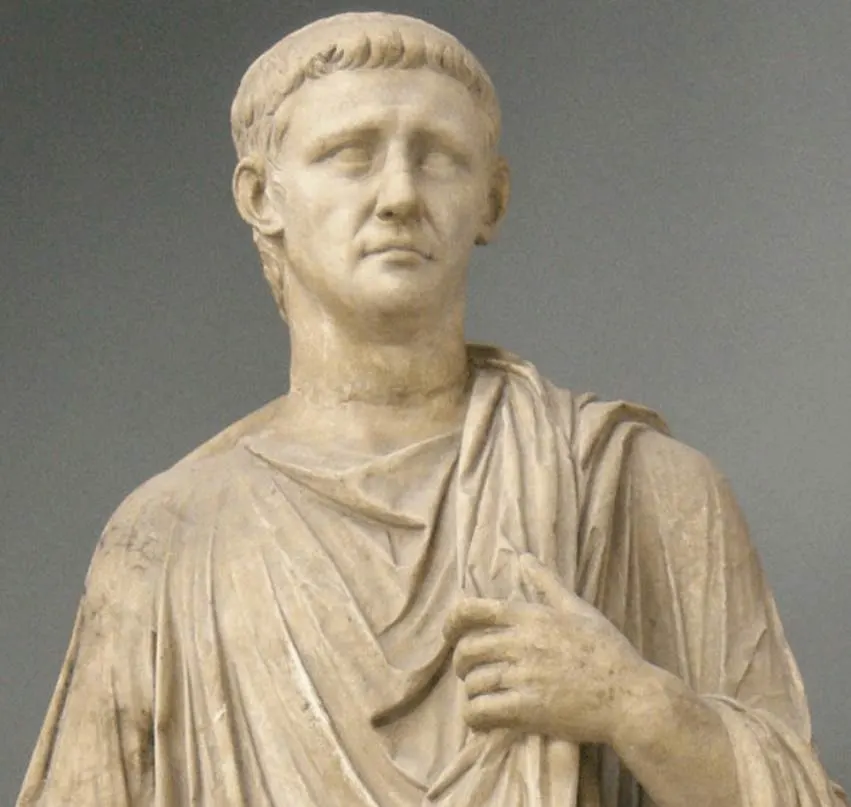
10. He built a huge temple in his honor during the Conquest of Britain
One of the most interesting facts about Claudius is that he started the construction of the largest Roman temple that would ever be built in the Roman Era in Britain.
It was built between 49 and 60 A.D. in the first capital of the Roman province of Britannia named Camulodunum, modern-day Colchester. Colchester Castle was built on top of the ruins of the Temple of Claudius
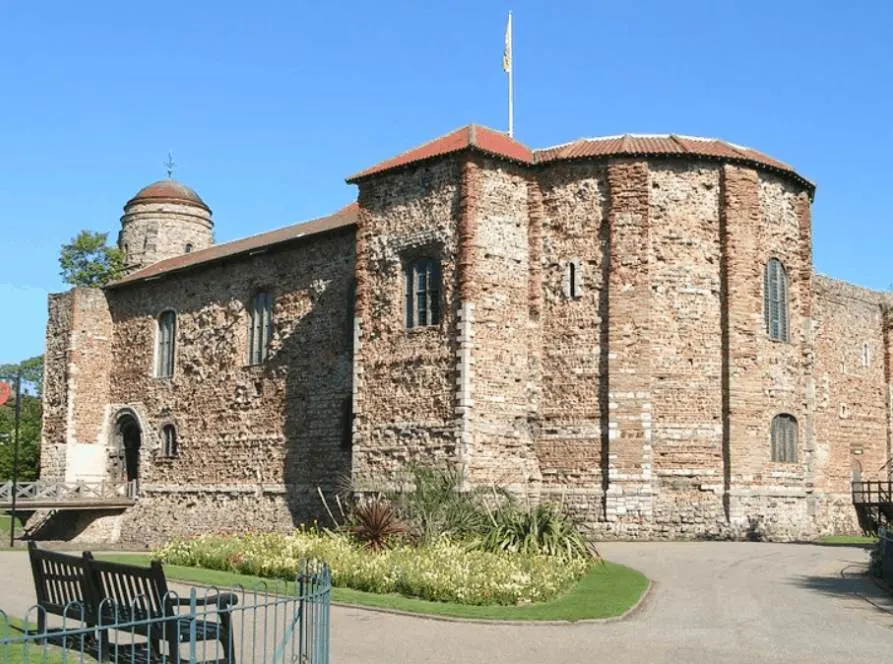
11. The population of the Roman Empire increased rapidly under his rule
The expansions of the Roman Empire came with an explosion in population as well. During a census in the year 48 A.D., the male adult population with Roman citizenship was 5,984,072, excluding women, children, slaves, and free adult males without Roman citizenship.
This was an increase of about one million from a census conducted around the time of Augustus’ death about 2 decades earlier!
12. Claudius greatly expanded the Empire’s infrastructure
It’s fair to conclude that Claudius was a very prolific builder. he didn’t just build temples to commemorate himself, but tremendously improved the Roman Empire’s infrastructure as well.
Apart from building numerous roads and canals which made it much easier to travel around the Empire, he also built two aqueducts, the Aqua Claudia, which was already begun by Caligula, and the Anio Novus.
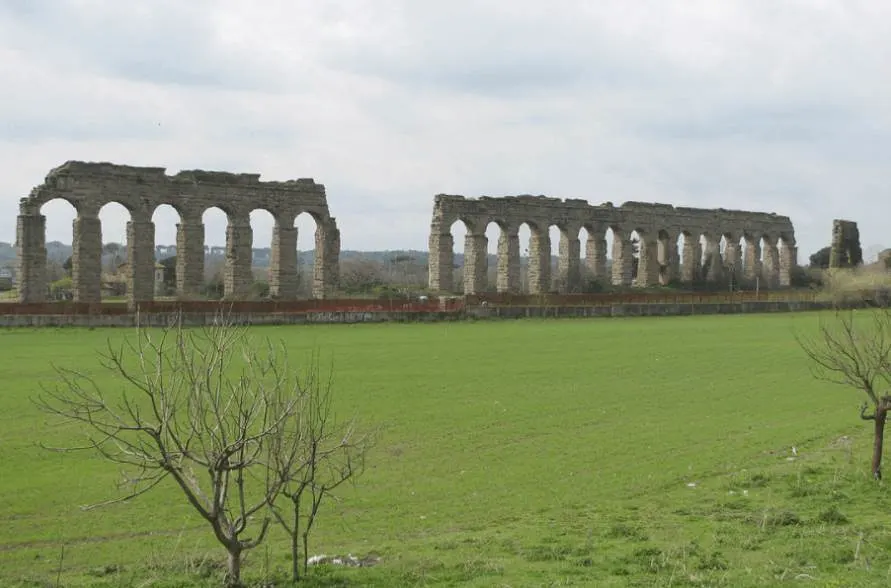
13. He completely botched the draining of a lake
The Roman Empire had a serious problem during Claudius’ reign, and that was grain shortages in the winter period. In order to resolve this, he built a new port at Ostia and encouraged sailors to make the trip to Egypt to increase the grain supply after the regular season in Italy.
The first plan wasn’t enough, so he came up with a second plan which was to increase the land that could be used for agriculture. One of the main projects was the draining of the Fucine lake in Central Italy, which was the third-largest lake in Italy at the time.
A tunnel was dug and the festivities nearby were started, including gladiatorial fighting which Claudius loved.
Unfortunately, once the draining started it turned out that the tunnel was way too small to drain the entire lake, resulting in the gladiators, along with Claudius and the other spectators, running for their lives as the area got flooded!
It wasn’t until the year 1878 that the lake was finally drained with the help of a tunnel that was 3 times the size was the one built by Claudius!
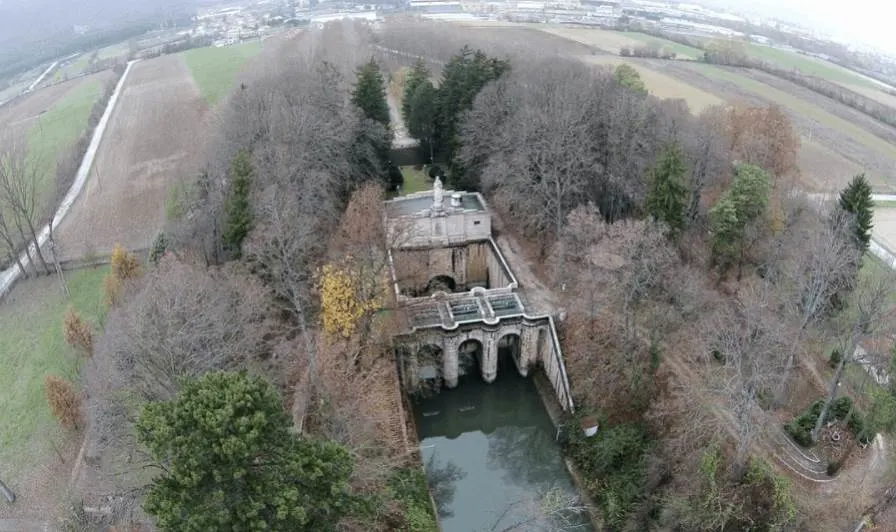
14. He suffered many assassination attempts by disgruntled senators
Claudius did whatever he could to appease the Senate and grant them as much power as possible. He refused to accept all his predecessors’ titles and even allowed the Senate to mint their own bronze coins.
All of this was in vain because of the fact that many of the Senators thought he was weak. This combined with the fact that he was the last adult male of the Julio-Claudian dynasty made him a constant target for conspirators.
None of these plots succeed and a total of 35 senators and 300 knights were executed during his reign. This obviously didn’t help his relationship with the Senate, regardless of the actions he took to appease them.
15. He was married 4 times and none of the marriages ended well
Some historians claim that Claudius was both a womanizer and a weakling when it came to women. Suetonius mentioned that he allowed women to dominate him because of his weak character.
This resulted in 4 marriages that all ended badly:
- Plautia Urgulanilla – Divorced because of adultery and he refused to acknowledge his daughter after the divorce.
- Aelia Paetina – She dominated Claudius emotionally which is why they got divorced.
- Valeria Messalina – A true nymphomaniac who often cheated on Claudius and even married her lover. Both were executed when Claudius found out.
- Agrippina the Younger – His niece who was in it to gain power.
16. He was murdered by his 4th wife so Nero could become Emperor
Agrippina the Younger wasn’t just the niece of Claudius, she was also the mother of Lucius Domitius Ahenobarbus, better known as Nero, as well as one of the final direct descendants of Augustus.
Both a powerful and ambitious woman, she surely married Claudius to ensure that her son Nero would become Emperor. Unable to contain herself, most historians agree that she killed Claudius by poisoning him on October 13, 54 A.D.
The reign of Claudius lasted 13 years and 9 months. The 63-year-old Claudius was instantly replaced by the 16-year-old Nero, who didn’t just end up murdering his own dominant mother, but would become one of the most infamous Roman Emperors in history.
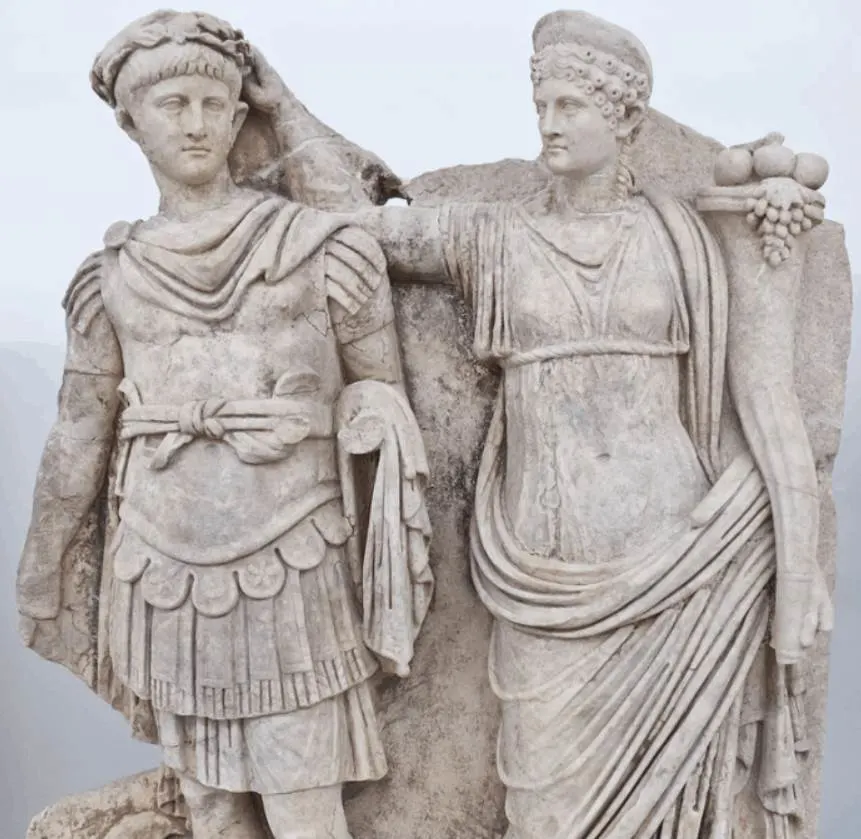
17. Opinions regarding Claudius remain mixed until today
Shortly after Claudius died, he was deified by Nero and the Senate. Considering the fact that he was murdered and that many Senators hated him, this doesn’t mean much.
Most ancient historians looked down upon Claudius and ridiculed him the same way his family had done when he was younger. Nobody really had great things to say about him, referring to him as a passive idiot, and most of his achievements were attributed to the people around him.
It’s fair to conclude that most of these opinions were completely biased as they were based on the accounts of the Senators who hated him.
His extant works (he was an avid writer) paint a picture of a well-educated man who was much more than what the biased historians of his time made him out to be.
One of the most fascinating facts about Claudius is that the truth is probably that he was both a great statesman and flawed, a character that wasn’t able to put a permanent mark on history but still did many positive things during his reign.
